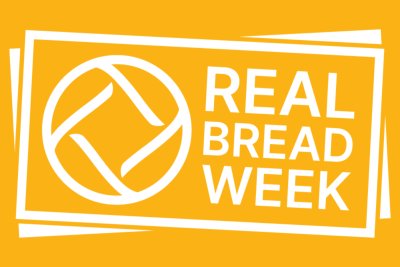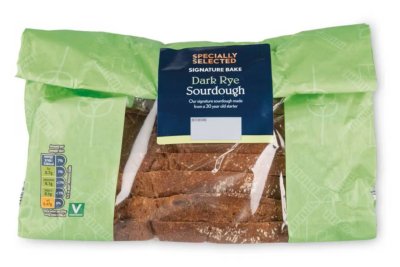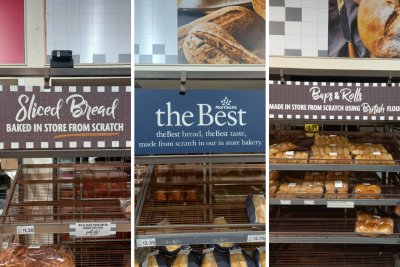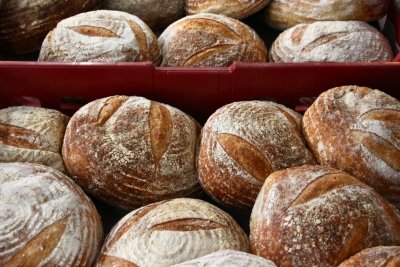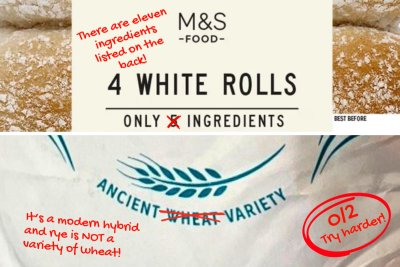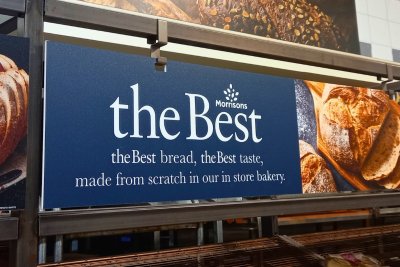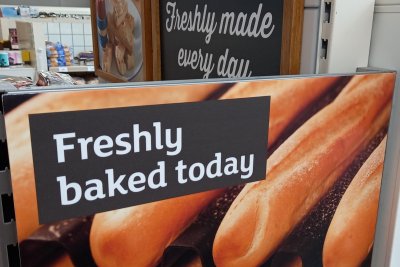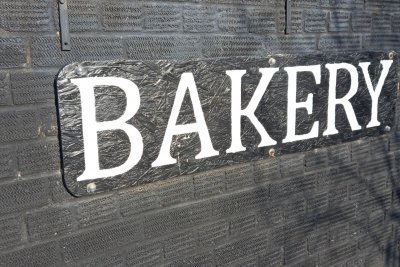 Better Health Bakery sign. Credit: Chris Young / www.realbreadcampaign.org CC-BY-SA-4.0
Better Health Bakery sign. Credit: Chris Young / www.realbreadcampaign.org CC-BY-SA-4.0
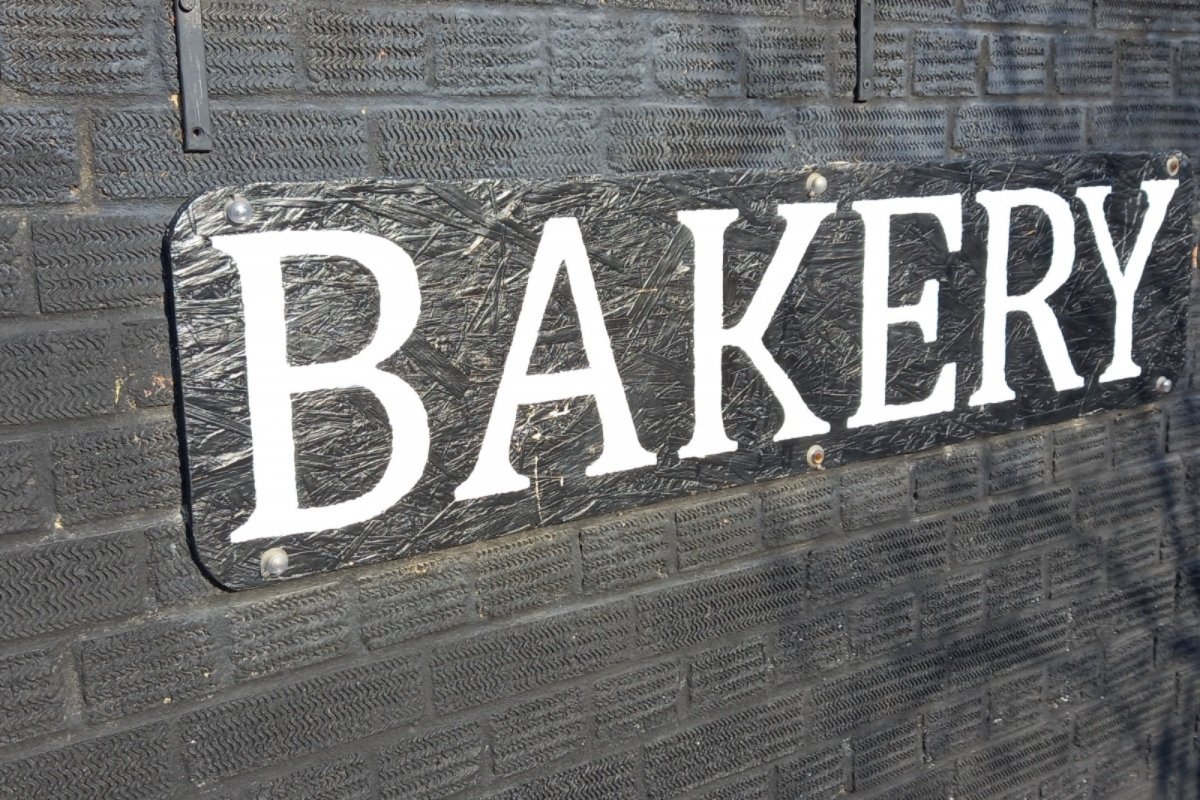
Will the FSA support an Honest Crust Act?
Open letter from the Real Bread Campaign to the Food Standards Agency.
Today, 18 March 2022, the Food Standards Agency (FSA) published its five-year strategy for 2022-27, setting out its mission, roles, principles and plan.
The strategy lays out the FSA’s roles as an evidence generator, policy maker, regulator watchdog, convenor and collaborator.
In response, Real Bread Campaign coordinator sent the following letter to FSA Chair, Susan Jebb, and FSA Chief Executive, Emily Miles. It outlines how the FSA’s stated ambitions align with the Campaign’s long-standing and ongoing call for an Honest Crust Act of improved loaf labelling and marketing regulation, and how the FSA’s roles put it in an ideal position to make this happen.
Dear Susan and Emily,
I coordinate the Real Bread Campaign for the food and farming charity Sustain. We define bread as made without the use of additives. From this simple, universally-accessible starting point, our mission is finding and sharing ways to make bread better for us, better for our communities and better for the planet.
Today, I read the FSA’s new, five-year strategy, underpinned by your mission to ensure a system in which food is safe, what it says it is, and healthier and more sustainable.
This aligns with the Real Bread Campaign’s proposed Honest Crust Act of improved loaf labelling and marketing regulation to better protect shoppers and help to create a more level playing field on which small business owners and their employees stand a better chance of thriving.
As such, can we, shoppers and bakers in the UK all count on the FSA’s support in making this a reality?
In the FSA’s roles as policy maker, regulator and watchdog, will you back the Real Bread Campaign’s long-standing calls to ministers for improved regulations and then help to ensure that they are properly enforced? As an evidence generator, will the FSA also take a leading role in research to build on the compelling body of evidence that indicates there are health and nutritional benefits of selecting grains, ways of growing and milling them, then turning them into bread?
Food is what it says it is
In the FSA strategy, you state: ‘Consumers should be confident that food is what it says it is. That is why we will ensure food is authentic and properly described. This is essential to maintain the confidence of the public and our international trading partners in UK food.’
We couldn’t agree more! We share your aim of ensuring that everyone is able ‘to make informed choices about the food they eat.’ History shows that it is regulation, rather than voluntary, opt-in schemes, that ‘make it easier for businesses to meet their obligations and do the right thing for consumers.’
As such, key points of our proposals include:
- Mandatory declaration of all additives, including those sometimes deemed to be ‘processing aids’.
- Mandatory full ingredient labelling (or display at point of sale) for all loaves, rolls, wraps etc. including those that are sold unwrapped / not prepacked.
- Legal definition of 'fresh', 'freshly baked', ‘baked today’ and similar claims, limiting their use to products made from scratch in the past 12 hours and without the use of preservatives.
- Legal definition of the word wholegrain, ensuring that it is only used to name or market products in which at least 51% by weight of the dry ingredients are unrefined grains, flakes, meal or flour.
- Legal definition of sourdough bread as made without additives and leavened only using a live sourdough culture. (I have attached evidence of need and benefit)
- Meaningful legal definitions for other words commonly used to name and market grains, flour, bread and industrial baked products, including: artisan, craft, ancient, heritage.
Will the FSA support and work towards making this happen?
Science and evidence led
Our Honest Crust Act proposals are driven not only by a need to underpin everyone’s ability to make better-informed choice for whatever reasons they want to make them, but also evidence of specific need and benefit.
For example, the authors of an examination of 1230 peer reviewed research articles published between 1990 and 2020 on the subject of sourdough noted: “The most recent literature showed how the sourdough fermentation mainly increased mineral bioavailability, enabled fortification with dietary fibers, lowered glycemic index, improved protein digestibility and decreased the content of anti-nutritional factors.” Researchers have also found how sourdough fermentation can modify and reduce the proteins that trigger the coeliac response.
This clearly indicates a need for more research to be funded and carried out on the potentially beneficial effects of sourdough fermentation. Will the FSA take the lead on this?
Invitation
To help the FSA, Defra, the Secretary of State, ministers or other MPs and civil servants with their research into these issues, and to get first-hand accounts from business owners (and, potentially, their customers) we can arrange visits to bakeries in the Real Bread Campaign network.
We are also happy to work with FSA and other members of the Bread and Flour Technical Working Group to draft the wording for surveys of business owners, and of a public consultation to assess consumer understanding of, and attitudes towards, these issues and proposals.
If you have any questions, need further information of clarification, please let me know.
Yours sincerely,
Chris Young
Coordinator
The Real Bread Campaign
Updates
28 April 2022: As the FSA's target response time of 20 working days had passed, we emailed Emily Miles and Susan Jebb again, asking when we can expect replies to each of our questions. We received a reply later the same day and are drafting our response.
21 March 2022: The FSA helpline responsed "please contact the Department of Environment, Food and Rural Affairs( Defra) for advice about this. Defra has the lead policy on labelling and can advise you accordingly." We replied that we are fully aware of Defra's role and that our points, and questions, for the FSA stand.
See also
Real Bread Campaign: Finding and sharing ways to make bread better for us, our communities and planet.
Sustain
The Green House
244-254 Cambridge Heath Road
London E2 9DA
020 3559 6777
sustain@sustainweb.org
Sustain advocates food and agriculture policies and practices that enhance the health and welfare of people and animals, improve the working and living environment, promote equity and enrich society and culture.
© Sustain 2026
Registered charity (no. 1018643)
Data privacy & cookies
Icons by Icons8
